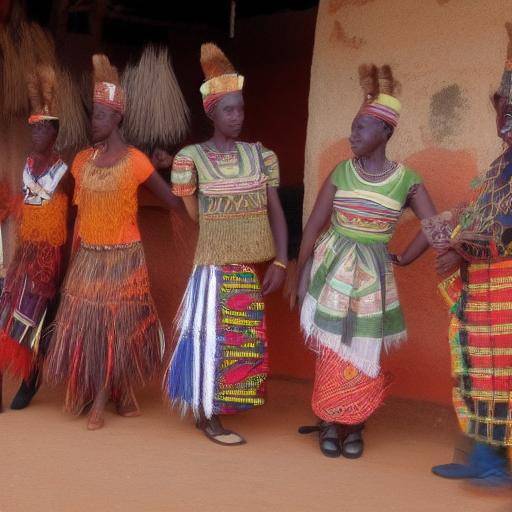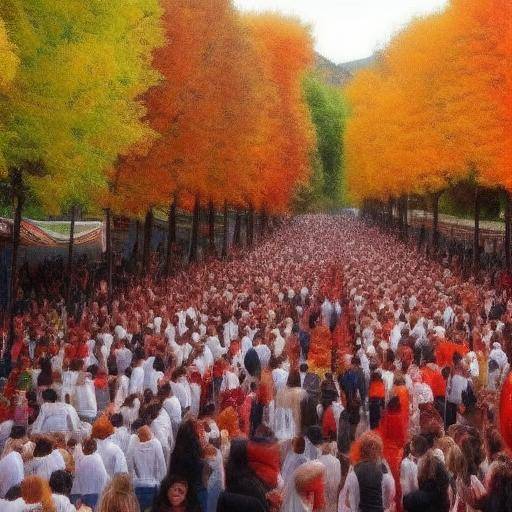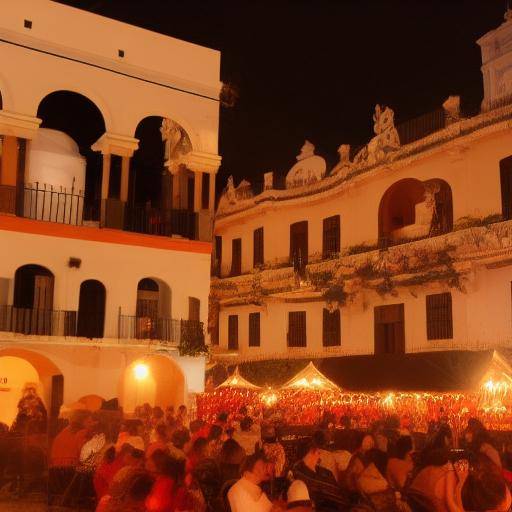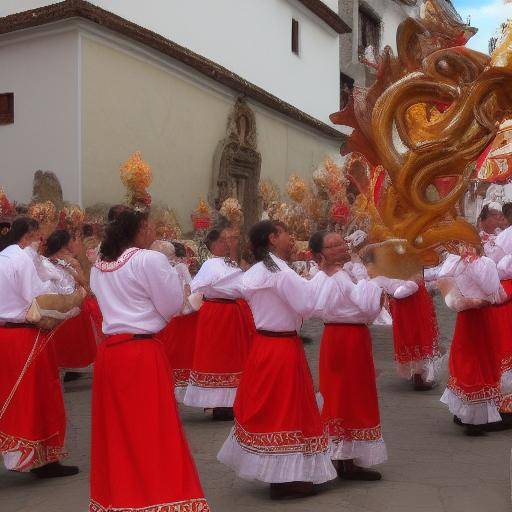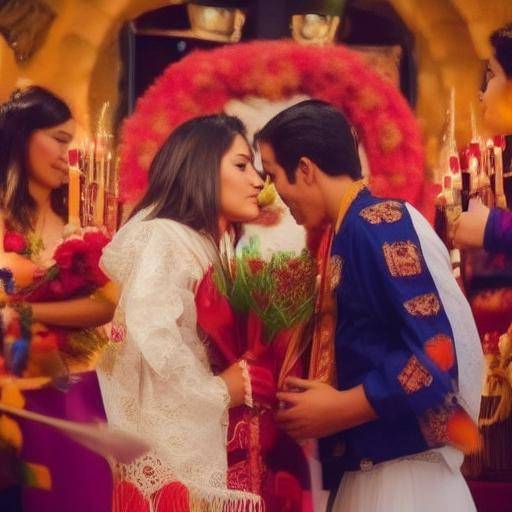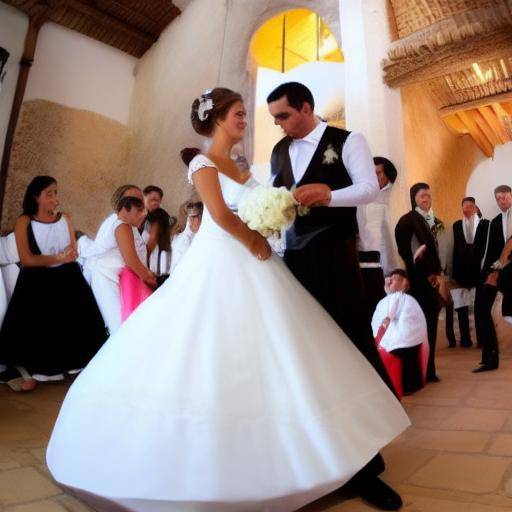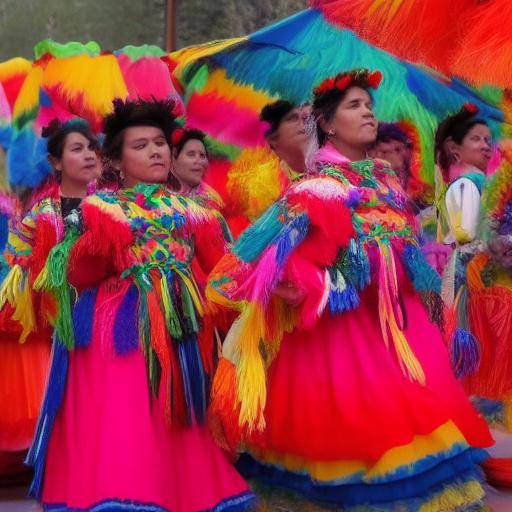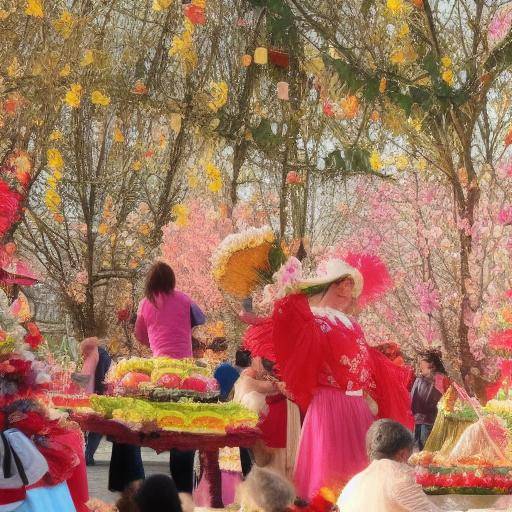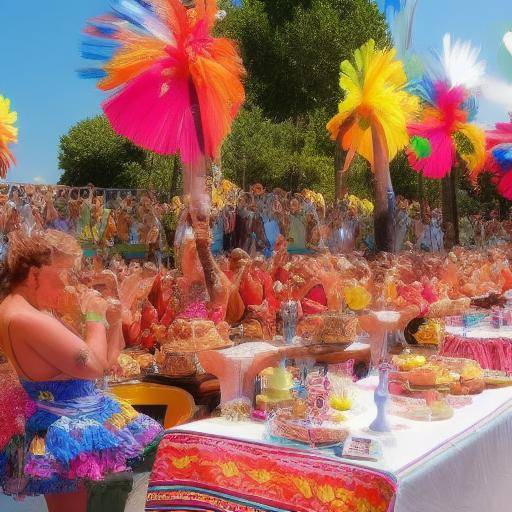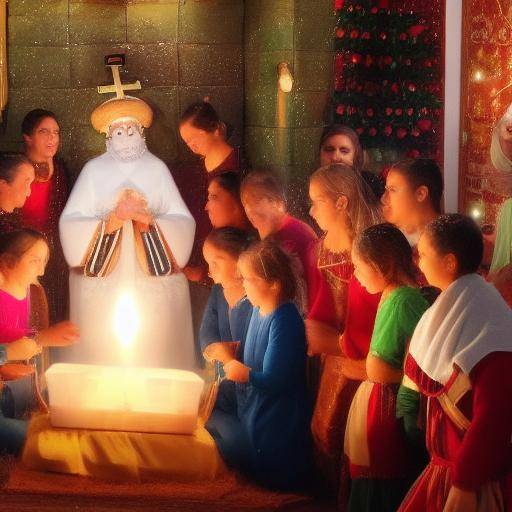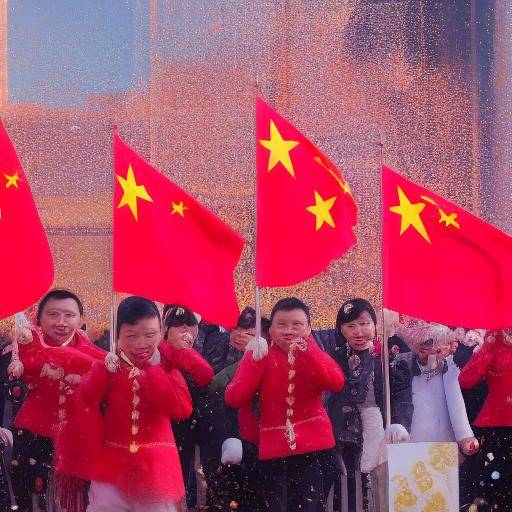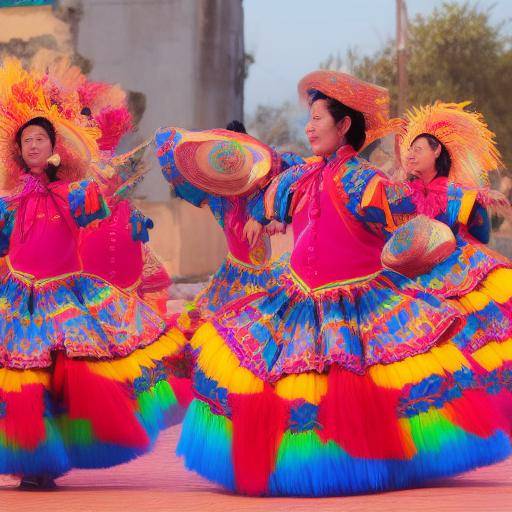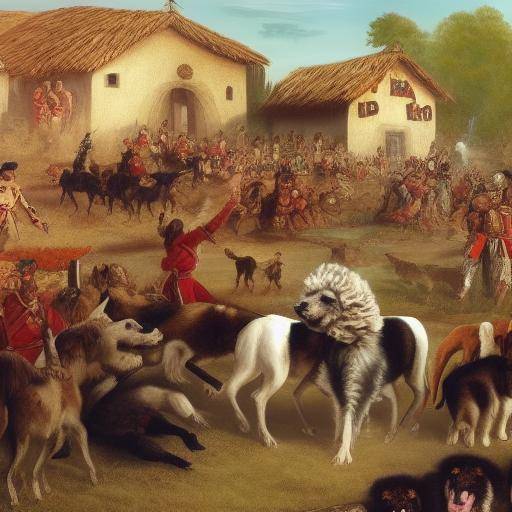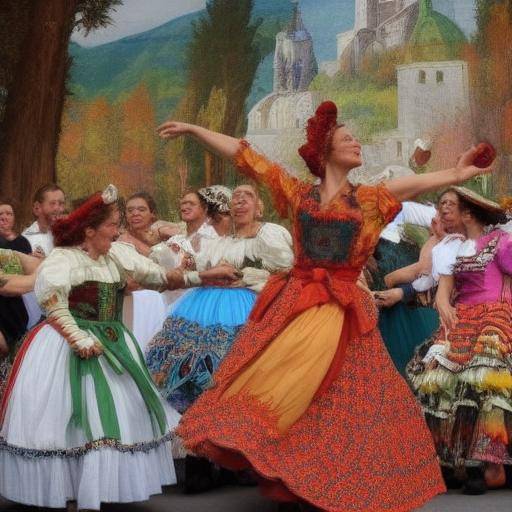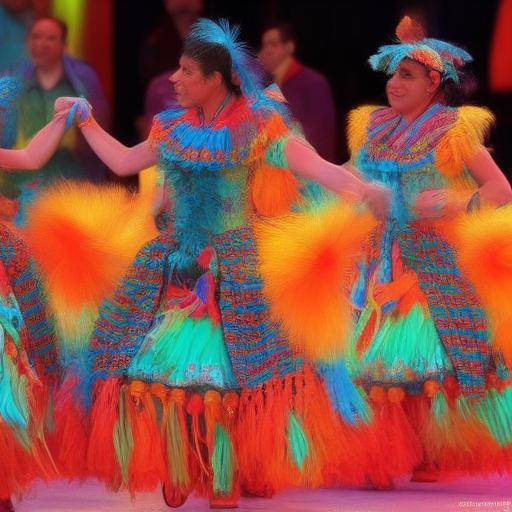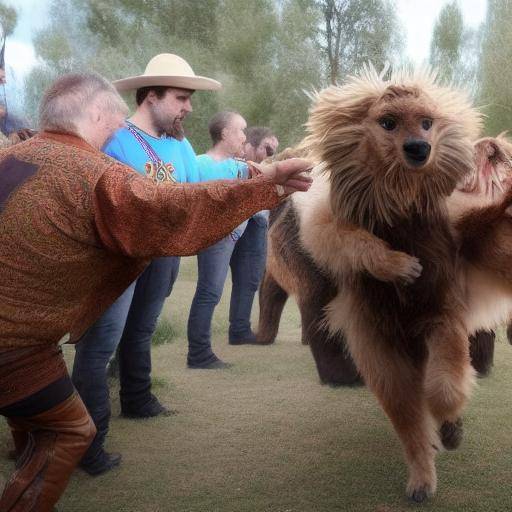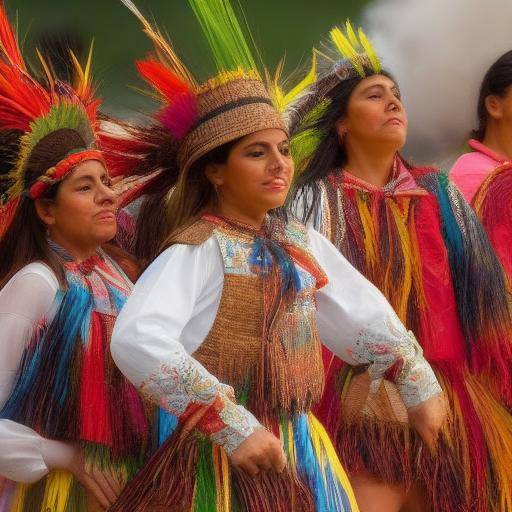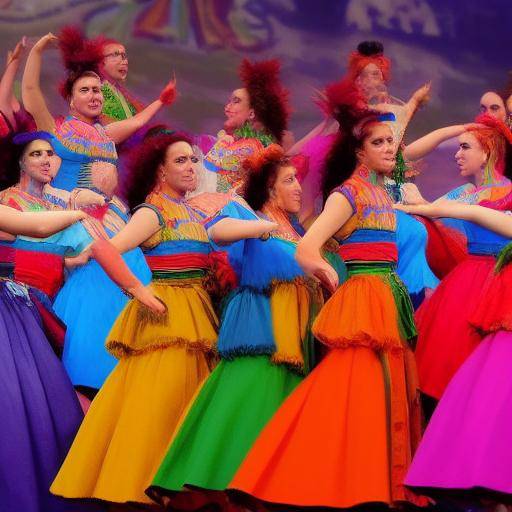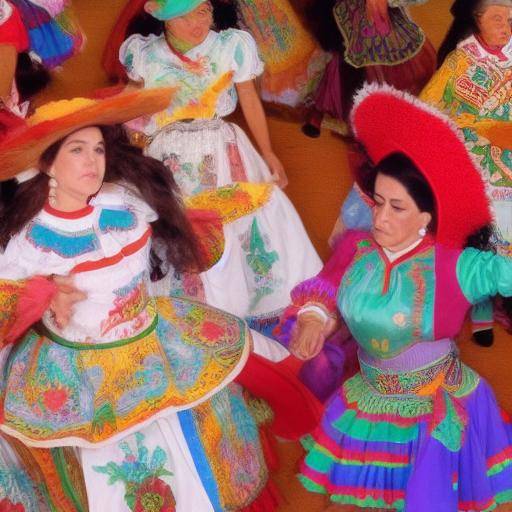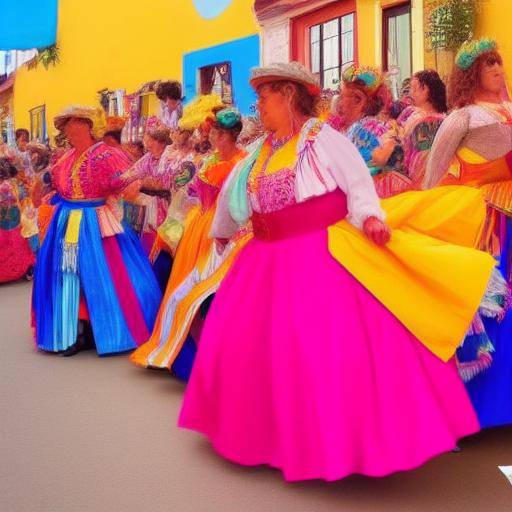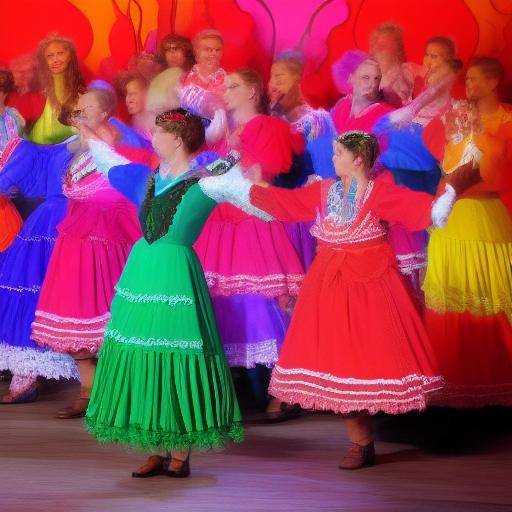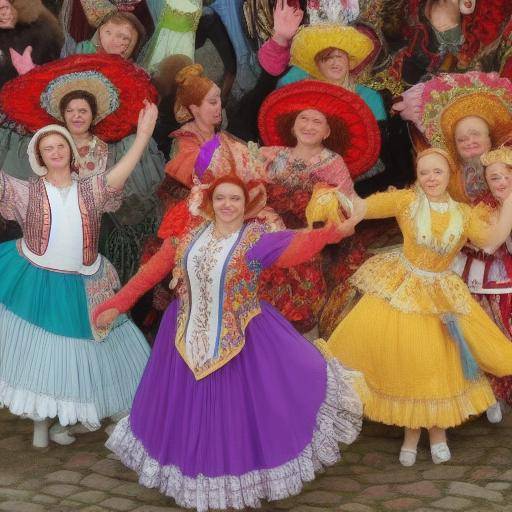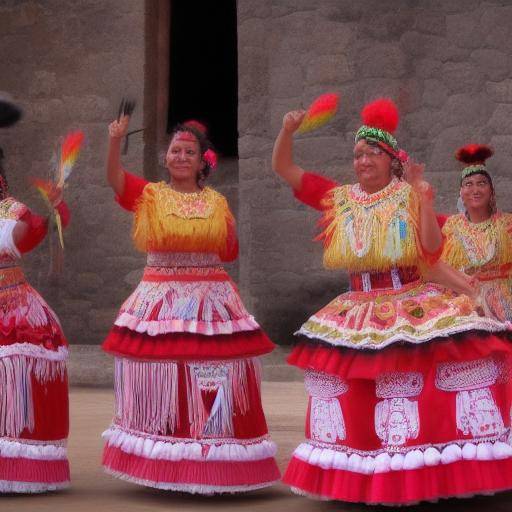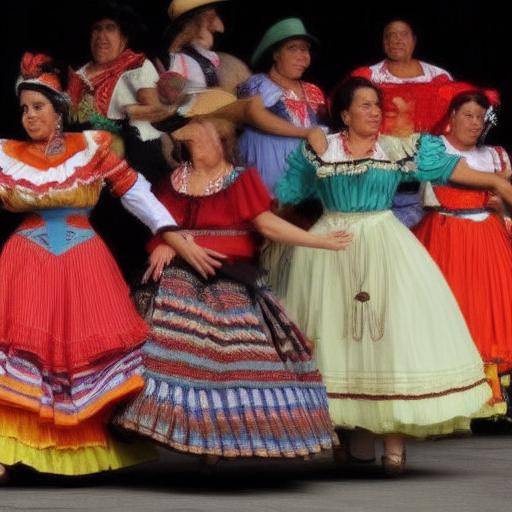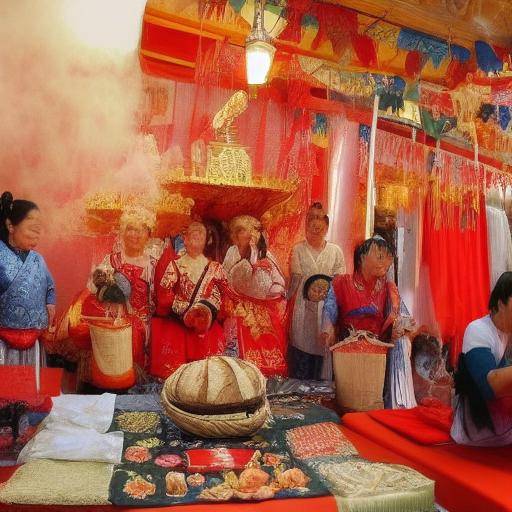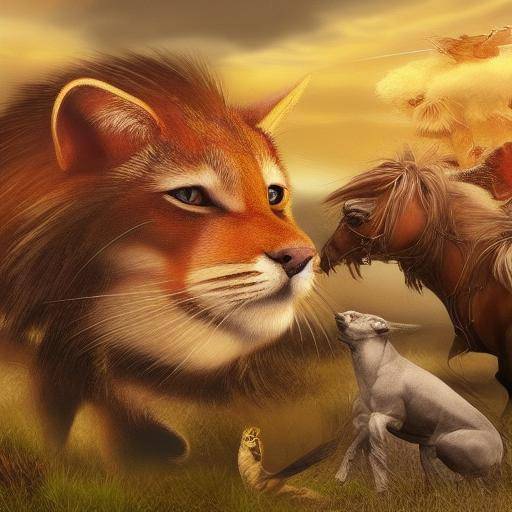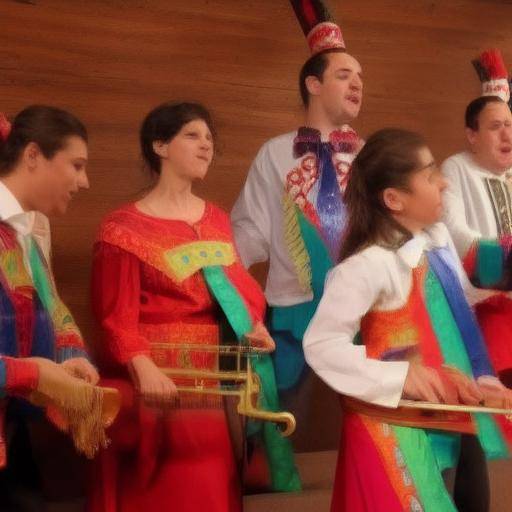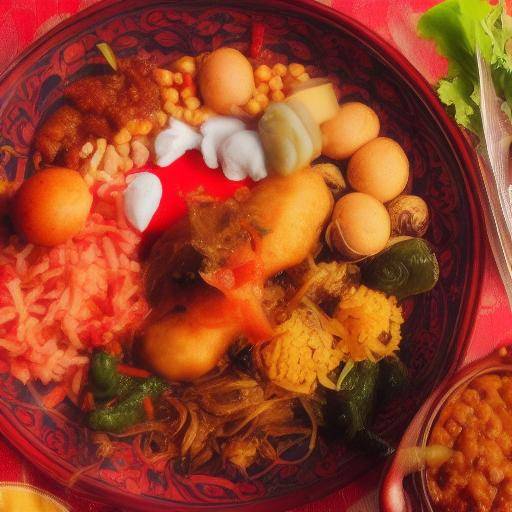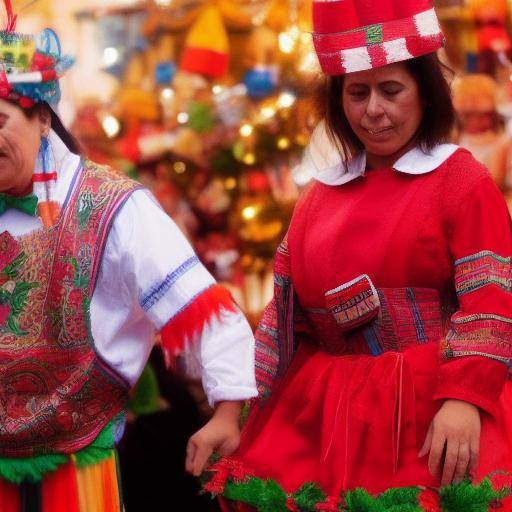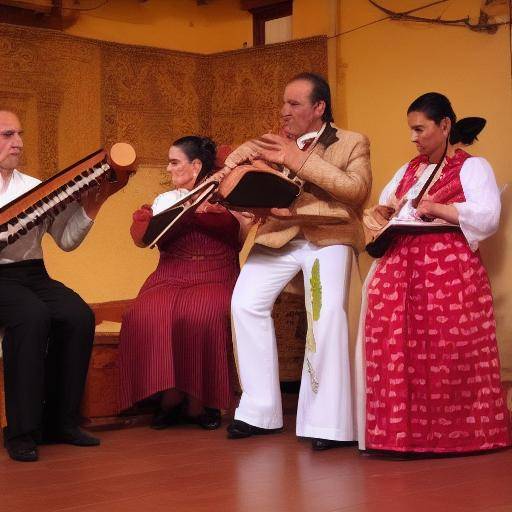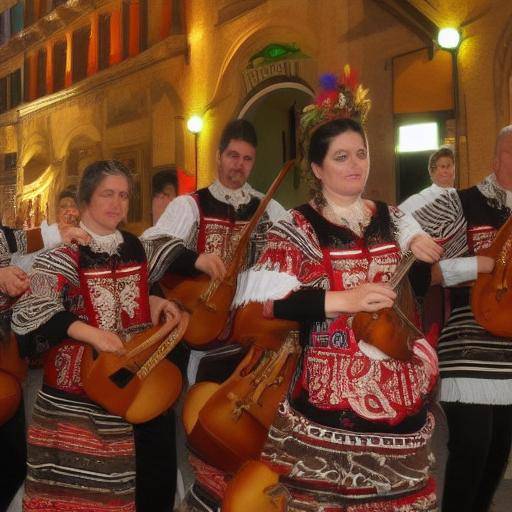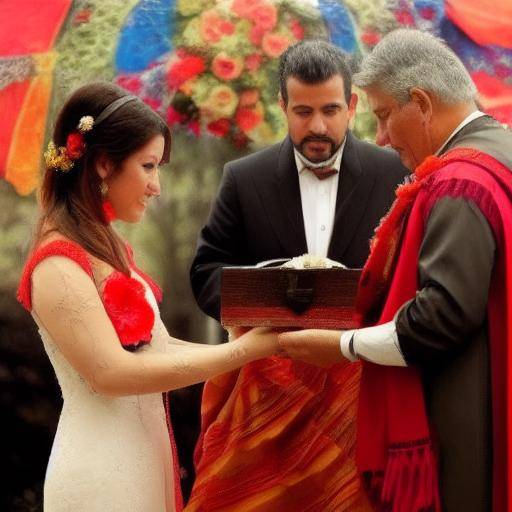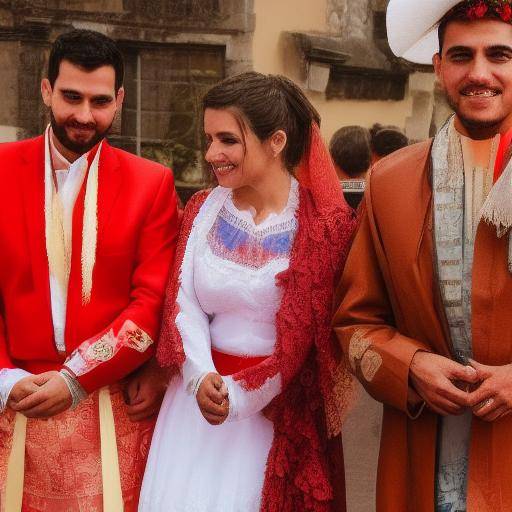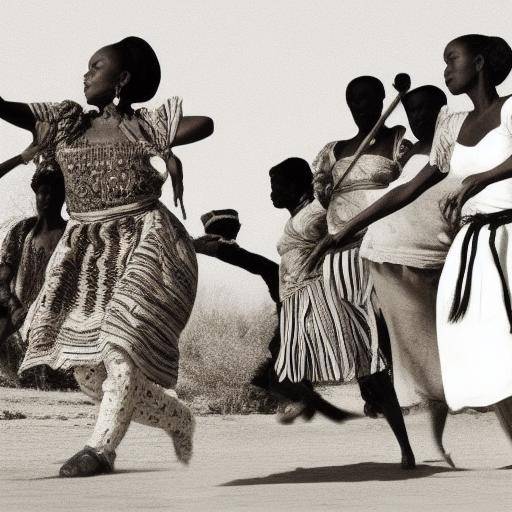
African folklore has played a crucial role in the formation of the customs and traditions of the diverse cultures of the continent. Throughout history, folklore has served as a pillar of identity and social cohesion, transmitting knowledge, values and beliefs from generation to generation. In this article, we will explore in depth the impact of folklore on African customs, its historical importance, its contemporary relevance, as well as the unique traditions that have endured over the centuries.
Introduction
The African continent hosts a rich cultural diversity, each with its own folklore, expressed through music, dance, stories, myths and rituals. African folklore not only entertains, but also fulfils an educational and transmitter of values, reflecting the vision of the world, collective thinking and the cosmovision of communities. From initiation rituals to ancestral celebrations, African folklore is rooted in everyday life and artistic expressions of the different ethnic groups of the continent.
History and Background
The origin of African folklore dates back to the dawn of humanity, manifesting itself in celebrations of nature, rituals of fertility, healing practices and funeral ceremonies. Throughout history, folklore has played a key role in preserving cultural heritage and in resistance to colonial oppression. The oral transmission of myths, legends and fables has been a powerful way of preserving African identity and resisting cultural erosion.
African folklore has evolved over the centuries, influenced by cultural interactions, migrations and trade exchanges. The diversity of languages, ethnic groups and cosmovisions has led to a great wealth in folk expressions, each with its own particularities and symbolisms.
In-depth analysis
African folklore is not only an artistic manifestation, but also plays a vital role in the structuring of society, the transmission of traditional knowledge and conflict resolution. Through music and dance, important events are held, ancestors are honored and community ties are strengthened. African myths and legends not only entertain, but also transmit moral values and fundamental knowledge about the natural world.
In a contemporary context, African folklore faces challenges and opportunities. On the one hand, there has been a growing appreciation of folklore as a resource for cultural tourism, the preservation of heritage and cultural identity. On the other hand, globalization and the influence of external cultures pose challenges for the preservation and revitalization of indigenous folklore.
Comprehensive review
The impact of folklore on African customs is undeniable, as it has permeated all aspects of everyday life. From the way marriages are celebrated to the way agricultural cycles are commemorated, folklore is present in every facet of African life. Through the exploration of traditional tales, rituals of healing and ritual dances, one can appreciate the complexity and wealth of African folklore in the construction of collective identities and in the preservation of historical memory.
Comparative analysis
By comparing the impact of folklore with African customs and traditions, deep connections between folklore and cultural identity are revealed. African customs are enriched and maintained through folklore expressions, while traditions are reflected and reinforced through the different elements of folklore, demonstrating interdependence and synergy between these cultural aspects.
Practical advice and recommendations
If you are interested in immerse yourself in the world of African folklore, here are some practical recommendations to understand better:
- Find opportunities to participate in cultural festivals or African folk events, where you will be able to experience first-hand the wealth of artistic and traditional expressions.
- Read books and listen to recordings of African stories, myths and legends to get into the rich folklore narrative of the continent.
- Learn about the importance of music and dance in African traditions, and consider taking classes or participating in dance sessions to explore these artistic expressions.
Industry perspectives and expert opinions
The experts in African folklore agree that their preservation and revitalization are fundamental to protecting cultural diversity and fostering the pride and identity of African communities. Efforts to document, preserve and transmit folklore to future generations are vital to ensure the continuity of these valuable traditions.
According to cultural anthropologist Dr. Amina Sow, "African folklore is an inexhaustible treasure that encapsulates the ancestral wisdom and creativity of African communities. Its preservation is fundamental for the preservation of the identity and cultural wealth of the continent. "
Case studies and practical applications
An outstanding example of the impact of folklore on African customs is the festival of the harvest of yams among Nigerian igbo. This festival, known as "Iri Ji Ohu", is an annual event that celebrates the gathering of yams, a fundamental food in igbo culture. During the festival, dances are performed, poems are recited and ceremonies of thanks to the gods for the fertility of the earth and the good harvest.
Future trends and predictions
As Africa moves towards modernity, the challenge lies in finding a balance between preserving ancestral traditions and adapting to social and technological changes. However, with a growing awareness of the importance of cultural heritage, it is expected that there will be renewed interest in the preservation of African folklore. In addition, the use of technology to document and disseminate folklore could provide new forms of access and appreciation of these artistic expressions.
Conclusion
The impact of folklore on African customs is profound and remains relevant in contemporary society. From the transmission of values and knowledge to the celebration of important events, folklore forms a vital fabric in Africa's rich cultural heritage. In appreciating and preserving African folklore, we not only honor the past, but also enrich the present and guarantee a vibrant legacy for future generations.
Frequently asked questions
1. What is the importance of folklore in African cultural identity?
Folklore plays a crucial role in preserving and transmitting African cultural identity by connecting communities with their heritage, values and traditions.
2. How has African folklore evolved throughout history?
African folklore has evolved in response to historical changes, cultural interactions and migrations, adapting and preserving key elements of various African cultures.
3. What is the impact of folklore on African celebrations and rituals?
Folklore enriches and gives meaning to African celebrations and rituals, providing elements such as music, dance, narratives and symbolism that reinforce social cohesion and cultural identity.
4. What are some of the current challenges in the preservation of African folklore?
Current challenges include cultural erosion due to globalization, the loss of traditional languages and the lack of resources to document and preserve folkloric expressions.
5. What impact does African folklore have on the cultural tourism industry in Africa?
African folklore has emerged as an important attraction for cultural tourism in Africa, offering visitors an authentic experience of the rich cultural diversity of the continent.
6. What is the role of African folklore in education and knowledge transmission?
African folklore is an effective means of transmitting knowledge, values and traditions to future generations, strengthening informal education and preserving ancestral wisdom.
By exploring these frequent questions, you can appreciate the depth and relevance of folklore in African customs.
In conclusion, the impact of folklore on African customs is a testimony to the cultural wealth and vitality of the continent's traditions. In understanding and appreciating the importance of folklore, it helps to preserve an invaluable legacy for current and future generations.

